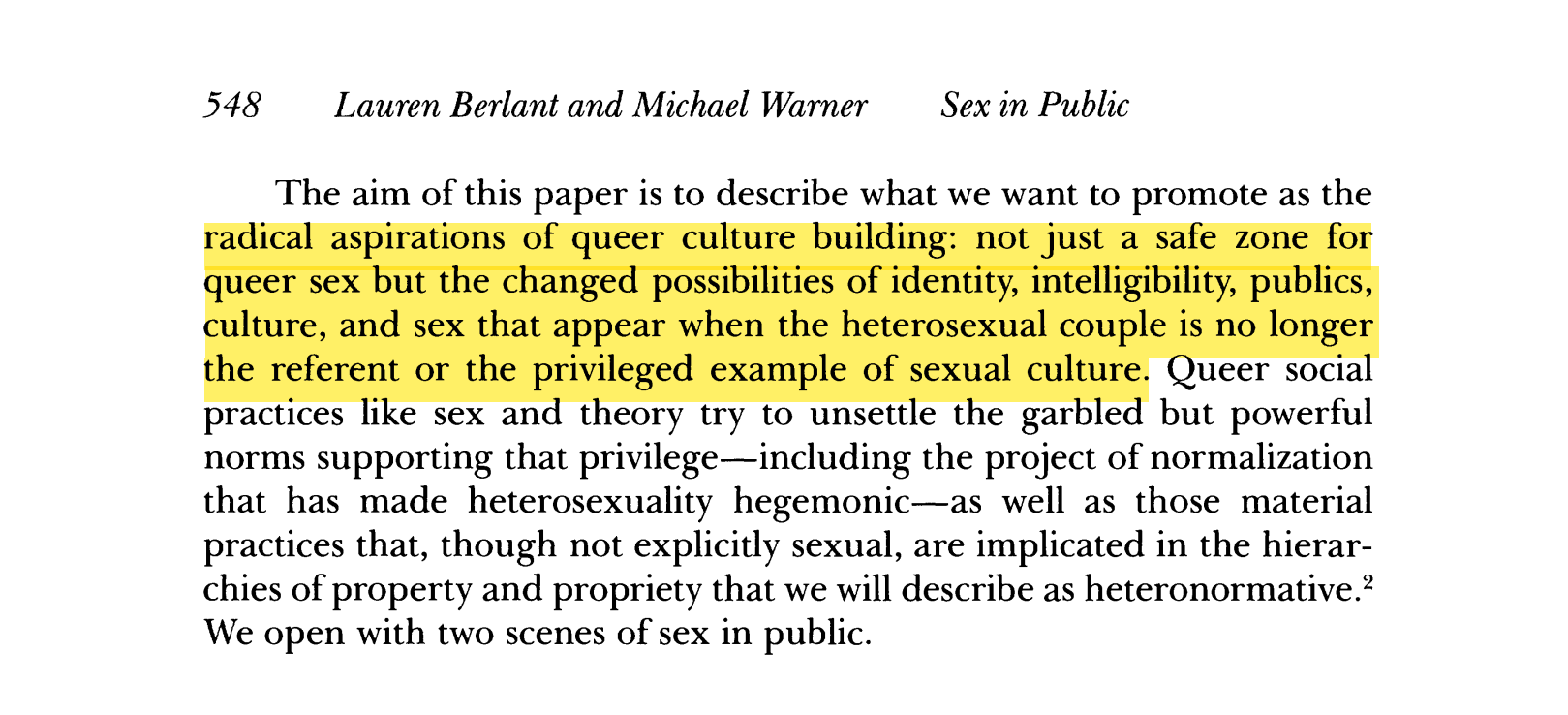Normativity & Deviation
The following analysis proposes how Queer Theory (particularly the theme of heteronormativity in Berlant and Warner’s Sex in Public) can be observed in the crime-thriller novel Drive Your Plow Over the Bones of the Dead by Olga Tokarczuk.
Goodreads summary of the novel: In a remote Polish village, Janina devotes the dark winter days to studying astrology, translating the poetry of William Blake, and taking care of the summer homes of wealthy Warsaw residents. Her reputation as a crank and a recluse is amplified by her not-so-secret preference for the company of animals over humans. Then a neighbor, Big Foot, turns up dead. Soon other bodies are discovered, in increasingly strange circumstances. As suspicions mount, Janina inserts herself into the investigation, certain that she knows whodunit. If only anyone would pay her mind . . .
While Berland and Warner’s argument focuses on queer theory and heteronormativity, the underlying concept that the public holds responsibility for the curation of normativity remains relevant to Tokarczuk’s work. Tokarczuk’s take on deviation from normativity is expressed through her protagonist, Janina’s approach to yielding her own means for justice. Janina conforms to her prescribed stereotype of the ‘mad woman’, to take advantage of the lack of suspicion she would evoke by committing her crimes.
While Sex in Public argues that the construction that heteronormativity considers the queer identity as deviant, Janina’s rejection of the characteristics ascribed to her, becomes an act of deviance. This deviance is unknown to the readers until the conclusion, where even her first-person narrative channels suspicion away from herself. With her outright adamancy to have the cases investigated, lengthy accounts for the predictability of astronomical destiny and genuine passion toward her theory on animal-administered vengeance, Janina is unlikely even to her audience to be responsible for the murders herself. Her concoction of the narrative is blatantly ignored, yet successful in ascribing her older age and gender as a woman, into the category of delusional and timid. The ability of Tokarczuk to invoke such complacency in the perception of her readers itself, emphasises how simply the public’s construction of normativity can conceal one’s ability to recognise and acknowledge the existence of so-called ‘deviants’. Janina’s comprehension of her own perceived identity within her society is what propels her to aptly capitalise on it. Moments prior to her confession, Janina introspects:
Suddenly I saw the four of us in a different way – as if we had a lot in common, as if we were a family. I realized that we were the sort of people whom the world regards as useless … If we went missing, nothing would really change. Nobody would notice.
Her ‘family’ of misfits all conform to their prescribed identities: insignificant eccentrics. Janina truly does escape, aware that her loss would contribute little to the society she has abandoned. To juxtapose the novel Drive Your Plow Over the Bones of the Dead with Sex in Public theory, Tokarczuk’s depiction may seem hyperbolic. However, it is effective in its persuasion. To be able to contextualise Berlant and Warner’s theories into a crime thriller novel, truly exhibits how transcendent they are. Such a leap is remarkable, as it only makes explicit how deeply relevant such a concept is, through the random spaces they find in translation.



